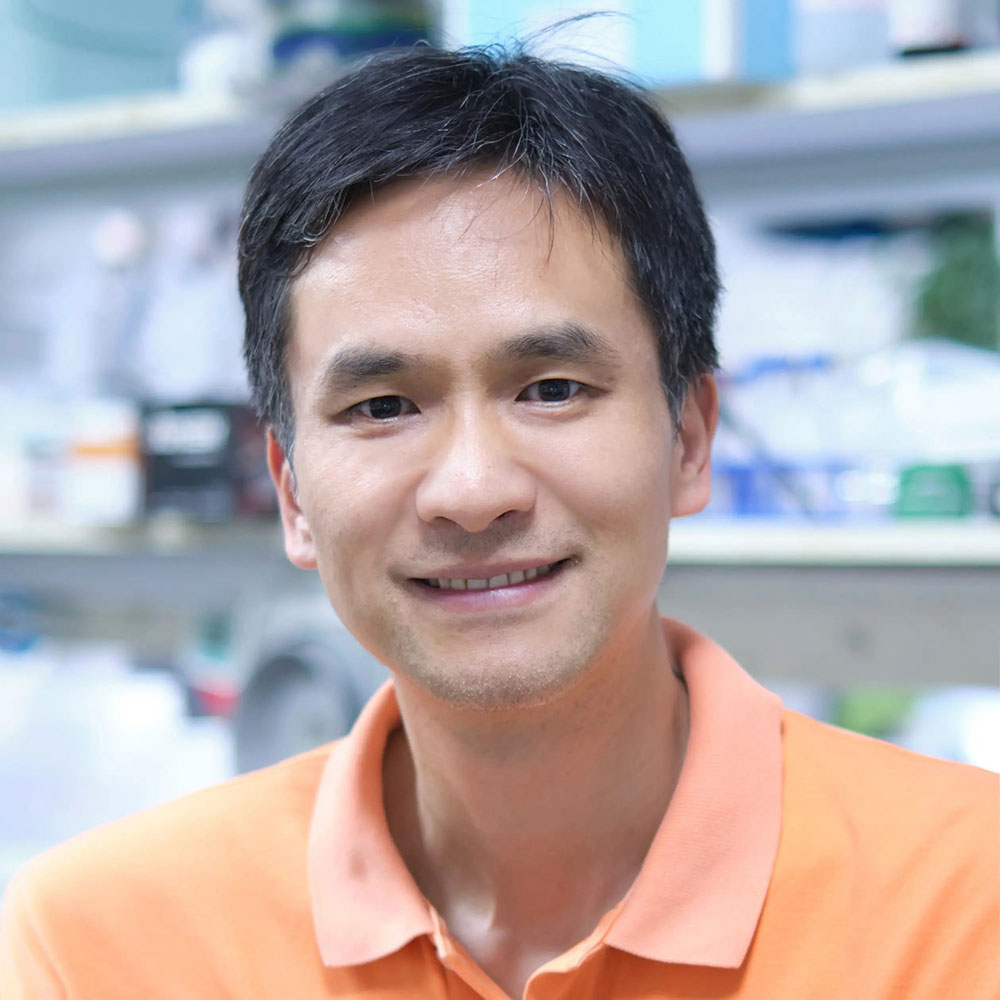
Chenqi Xu started his independent career at the end of 2009 and his laboratory has made original discoveries in T cell biology, including illustrating the electrostatic regulation model of immunoreceptor signaling and the critical function of cholesterol in antitumor immunity. He also develops new strategies of cancer immunotherapy, which have been successfully licensed out to biotech companies. His representative publications include Cell 2020, Nature 2018, Nature 2016 and Nature 2013. Two of his works were selected as “Top 10 Science Breakthroughs of China of Year 2016” and “Top 10 Life Science Breakthroughs of China of Year 2016 and Year 2020”. He now serves as an editorial board member of Cell Research, Life Metabolism and JBC.